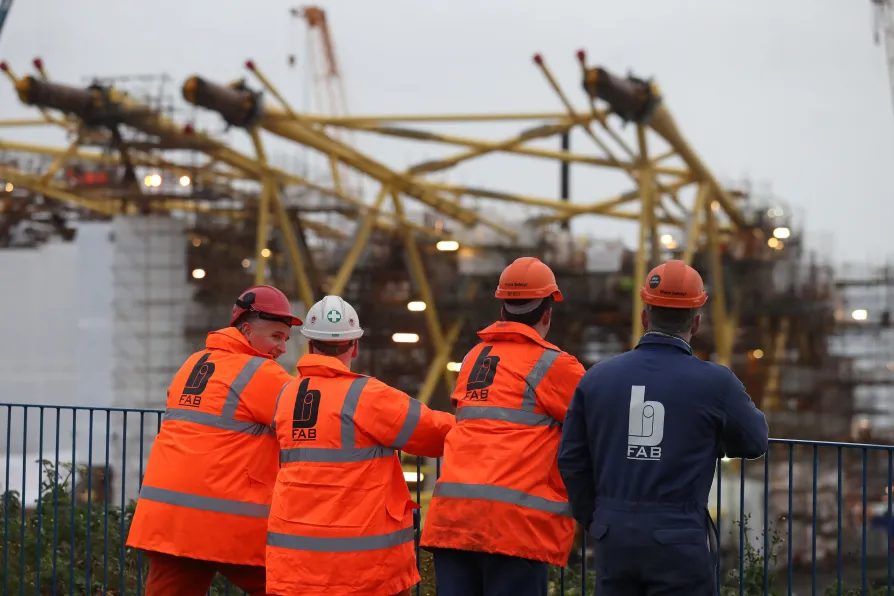The PM says Mandelson 'betrayed our values' – but ministers and advisers flock to line their pockets with corporate cash, says SOLOMON HUGHES


SNP Cabinet Minister Fiona Hyslop declared on Monday morning that the election results showed “a tale of two countries.”
They don’t though. It was a good night for nationalism north and south. The parties of the social status quo did well, the party of real change did badly.
This is no real surprise — when politics is dominated by flag-waving and constitution-mongering, getting the case for doing things differently an airing, much less a hearing is a struggle. As the workforces at the Caley railway works and BiFab are discovering.

On the release of her memoir that reveals everything except politics, Sturgeon’s endless media coverage has focused on her panic attacks, sexuality and personal tragedies while ignoring her government’s many failures, writes PAULINE BRYAN













